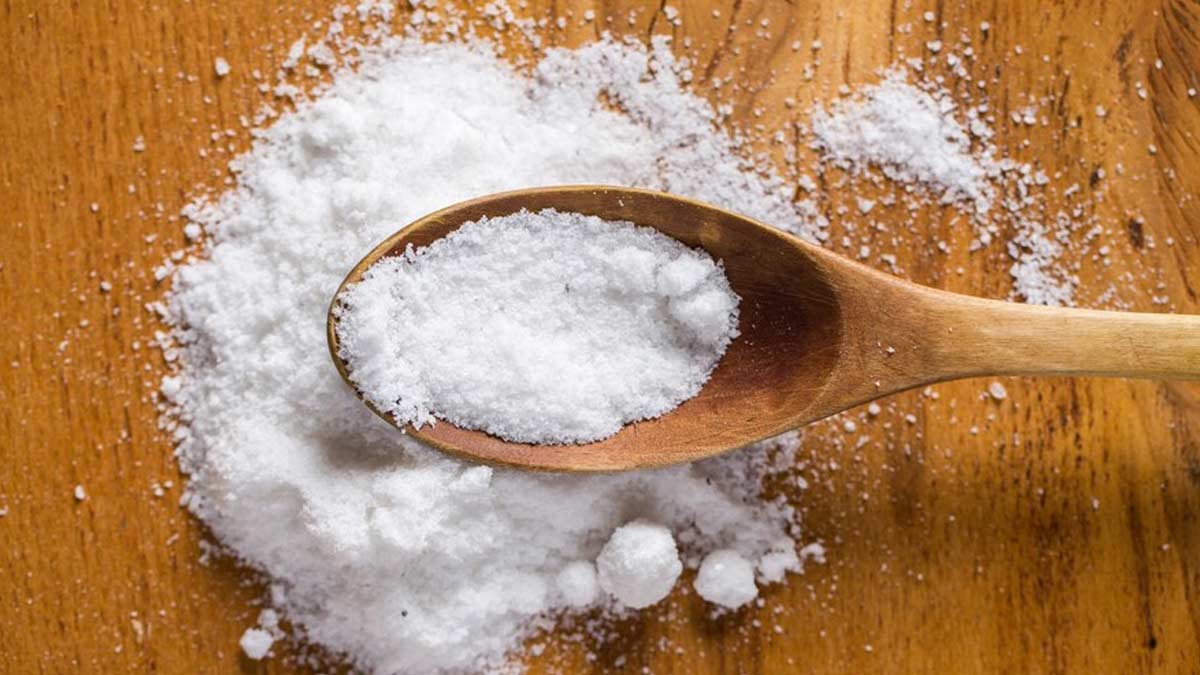
High blood pressure, or hypertension, is a chronic illness that increases the risk of heart disease. More than one in four people in India have hypertension, and more than 90% of adults with the condition are either undiagnosed, untreated, or treated but with uncontrolled hypertension, according to a study published in the JAMA Network.
Table of Content:-
When it comes to managing high blood pressure, diet plays a crucial role. Besides avoiding high-fat, processed, and sugary treats, most medical professionals emphasise the need to limit salt intake and restrict foods that contain high levels of sodium.
Unfortunately, even after all the efforts made by healthcare providers to curb the consumption of salt, many continue to overindulge. So what do people do? Should they completely stop adding salt to their foods? Or is there a salt substitute that may help? Here’s what research and our experts have to say.
Also Read: Excess Salt Consumption: What Happens When You Eat Too Much Salt
How Salt (Sodium) Affects Health

Edwina Raj, Head of Services - Clinical Nutrition and Dietetics, Aster CMI Hospital, Bengaluru, says, "Excess salt and sodium intake can cause high blood pressure, stroke, and heart disease."
She explains that the kidney tends to maintain a particular sodium-to-water ratio. However, when the kidney functions are compromised, the body tends to retain water due to an excess intake of salt, which can lead to bloating or swelling, specifically in the hands and feet region.
This then contributes to higher blood volume, which puts extra pressure on the walls of the blood vessels, consequently leading to elevated blood pressure, Dr Dixit Garg, Consultant Interventional-Cardiology, Manipal Hospital, Gurugram, told the OnlyMyHealth team in a previous interaction.
Sodium Substitutes That Can Help Lower High Blood Pressure

Salt is an essential ingredient that adds flavour to food. It is one of the staples in most kitchens around the world, which also makes it difficult to give up on or to limit its use.
However, recent research has come up with a new strategy that recommends using salt substitutes that are lower in sodium and higher in potassium.
These potassium-enriched salts replace some of the sodium chloride that makes up regular salt with potassium chloride. Interestingly, there is no major change in how they look and taste.
A global report on hypertension, released in September 2023 by the World Health Organization (WHO), even emphasised how potassium-enriched salt is an “affordable strategy” to reduce blood pressure and prevent cardiovascular events, such as strokes.
However, it is important to note that potassium-enriched salts should only be used for a brief period of time to bring down blood pressure levels, as long-term use can increase the intake of potassium, which can in turn create an imbalance in electrolytes and an increased workload on the kidneys, explains Raj.
Other alternatives can include using ginger, lemon juice, garlic, onion powder, and turmeric.
Also Read: Protein-Rich Foods That Help Reduce Your Risk Of High Blood Pressure or Hypertension
How To Limit Salt Intake?

According to the WHO, the global mean intake of salt in adults is 4310 mg/day sodium, which is more than double the WHO recommendation for adults, which is less than 2000 mg/day sodium. The health body suggests that an estimated 10.89 lakh annual deaths are associated with consuming too much sodium.
For those looking to regulate their salt intake, Raj shares a few tips, which include:
- Consume limited processed food.
- Eat fresh, processed food.
- Add less salt while cooking.
- Instead of salt, make use of lemon, amchur powder, mild spices, and herbs.
Conclusion
While excess salt intake is a leading cause of high blood pressure, there are other factors that can put you at risk. This includes obesity, lack of physical activity, smoking, and excess alcohol consumption. In conclusion, Raj advises maintaining a healthy weight, eating mindfully, and exercising regularly to manage your blood pressure levels.
Also watch this video
How we keep this article up to date:
We work with experts and keep a close eye on the latest in health and wellness. Whenever there is a new research or helpful information, we update our articles with accurate and useful advice.
Current Version
